By Burnett Munthali
Several political parties in Malawi, including the United Transformation Movement (UTM), the Democratic Progressive Party (DPP), and the Alliance for Democracy (AFORD), have called on the National Registration Bureau (NRB) to establish permanent centres for registering citizens for national IDs. These parties argue that this approach would be more efficient and reliable compared to the current system used by the Malawi Electoral Commission (MEC) for voter registration.
- Mutharika to Receive Continental Honour at Iconic Africa Honours 2026By Suleman Chitera President Professor Arthur Peter Mutharika is set to receive a major continental accolade after being nominated for…
- Laws for the Powerful, Burdens for the PoorBy Staff Reporter Chiradzulu-based political activist and social commentator Suleman Atupele Chitera has ignited a blunt but necessary debate: that…
- DPP at a Crossroads: The Hard Truth About 2030 Without APMThe Democratic Progressive Party (DPP) is approaching 2030 with an uncomfortable question it has long avoided: Can the party survive,…
- Lawyer Warns Against Delayed Charges Following Arrests of Former Senior OfficialsBy Suleman Chitera A legal practitioner has cautioned the government against delaying the formal charging of suspects following the arrest…
- Supreme Court Rules RBM Wrongly Closed Finance Bank, Orders CompensationBy Staff Reporter The Supreme Court of Appeal has ruled that the Reserve Bank of Malawi (RBM) acted unlawfully when…
This collective demand comes as Malawi approaches its next election cycle, with concerns mounting about the accuracy and integrity of voter registration. Under the current system, MEC sets up temporary voter registration centres during election periods, which parties claim is fraught with inefficiencies and disenfranchises many potential voters, particularly in remote areas.
The opposition parties are proposing that NRB takes over this responsibility, permanently registering citizens for national IDs, which could then serve as voter identification cards. This, they argue, would ensure that all eligible voters are continuously captured in the system and that the registration process is not rushed or compromised during election periods.
A spokesperson for the UTM stated, “The idea is to streamline and harmonize the registration process. NRB is already responsible for issuing national IDs to Malawians, so it makes sense to allow them to handle voter registration as well. This will also eliminate the need for separate registration exercises and avoid the chaos we have seen in previous elections.”
Similarly, DPP officials expressed concerns over past instances where citizens were unable to vote due to problems with MEC’s temporary registration system. They pointed to the challenges faced by MEC in updating voter rolls in time for elections, which often led to confusion and delays.
AFORD also echoed these sentiments, emphasizing that a permanent system overseen by NRB would be more inclusive and ensure that no eligible voter is left out. “MEC should focus on running the elections themselves, while NRB handles the registration,” an AFORD representative said. “This way, we reduce duplication of efforts and avoid the last-minute rush to register voters.”
The parties have officially submitted their proposal to the relevant authorities and are calling for urgent reforms before the next electoral cycle begins. They argue that adopting their recommendations will enhance the credibility of Malawi’s electoral process and ensure that every eligible citizen is given the opportunity to vote without unnecessary barriers.
The National Registration Bureau has yet to respond to the request, while MEC maintains that it is capable of handling voter registration as it has done in past elections. However, with mounting pressure from opposition parties, the debate on whether to transfer this responsibility to NRB continues to gain momentum in the country’s political discourse.
As the 2025 general elections approach, many will be watching to see if these proposed changes are implemented and how they will impact the voter registration process going forward.

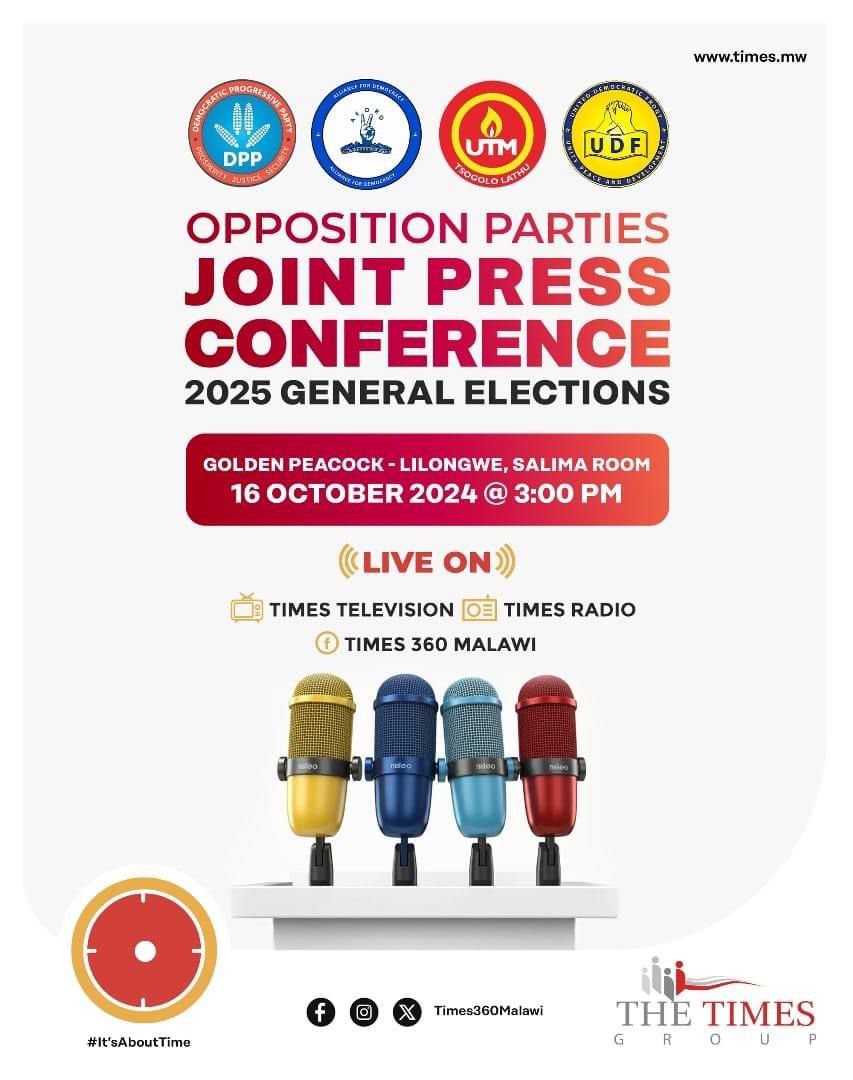
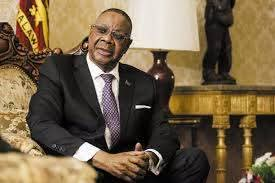

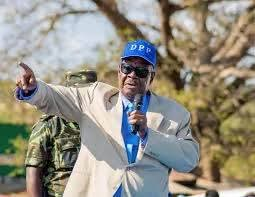
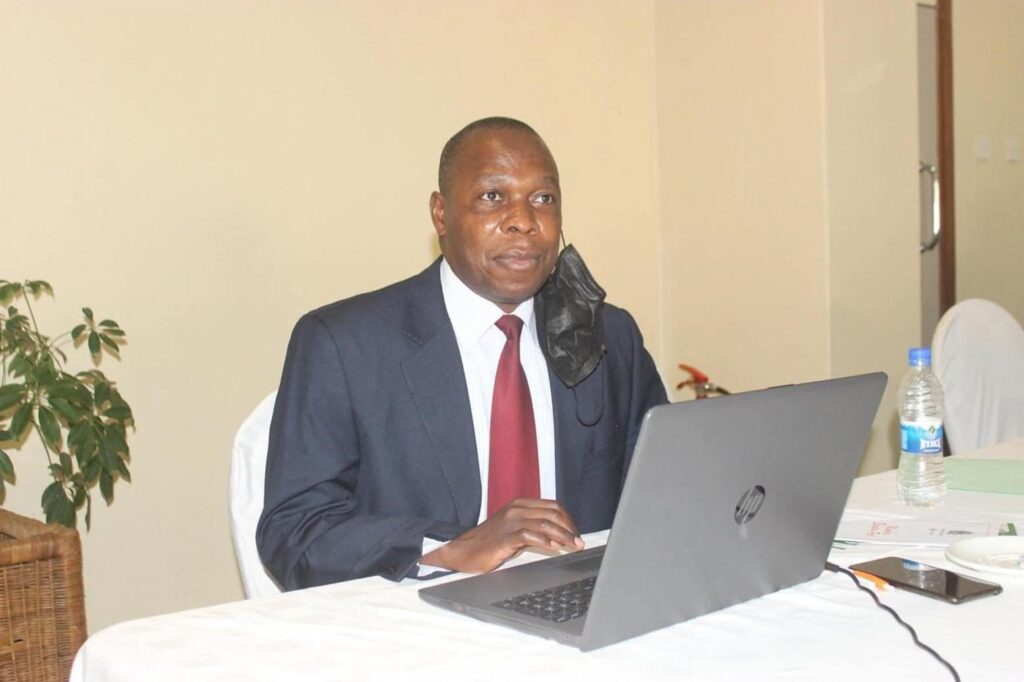
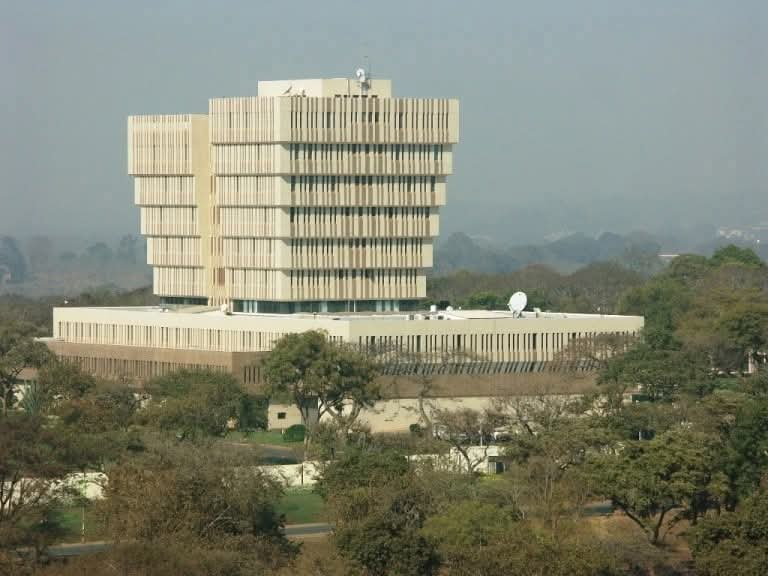

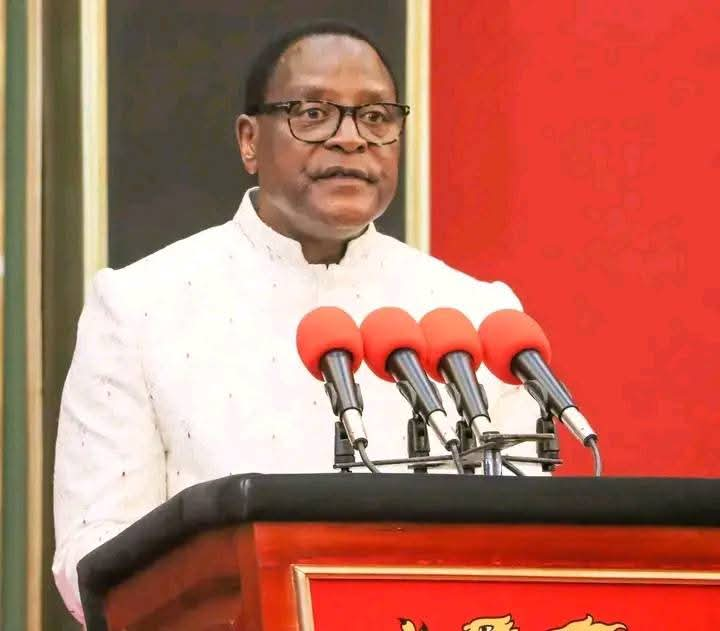
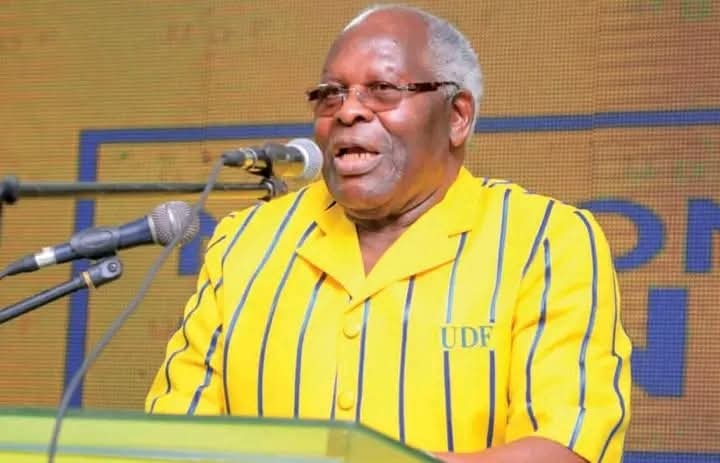
Lumina Solar shines as the premier solar panel contractors in Delaware due to their exceptional focus to excellence and client happiness.
They present personalized solar options that meet the unique energy requirements of each resident and company.
Their crew of experienced professionals ensures seamless installation with careful
attention to precision and safety. Lumina Solar utilizes cutting edge technology
and top tier solar panels that guarantee maximum efficiency and durability.
Customers commend their clear pricing and comprehensive
consultations which aid in forming well-informed decisions without any surprise charges.
They deliver extensive services from initial assessment to concluding installation and ongoing maintenance providing a easy
experience. Lumina Solar is committed to promoting sustainable energy solutions while aiding clients reduce their carbon footprint and energy bills.
Their solid reputation in Delaware is based on years of dependable service
and excellent customer reviews. They stay updated with the latest industry standards
and regulations which are evident in their excellent
workmanship. Lumina Solar also offers excellent customer
support that is prompt and knowledgeable, resolving any concerns quickly.
Their commitment to excellence and environmental responsibility renders them the top choice for solar panel installation in Delaware.
Choosing Lumina Solar signifies committing to a more sustainable future with a
trusted partner who prioritizes integrity and innovation. Their proven track record and passion for
renewable energy establish them as the foremost solar panel installers
in the region.